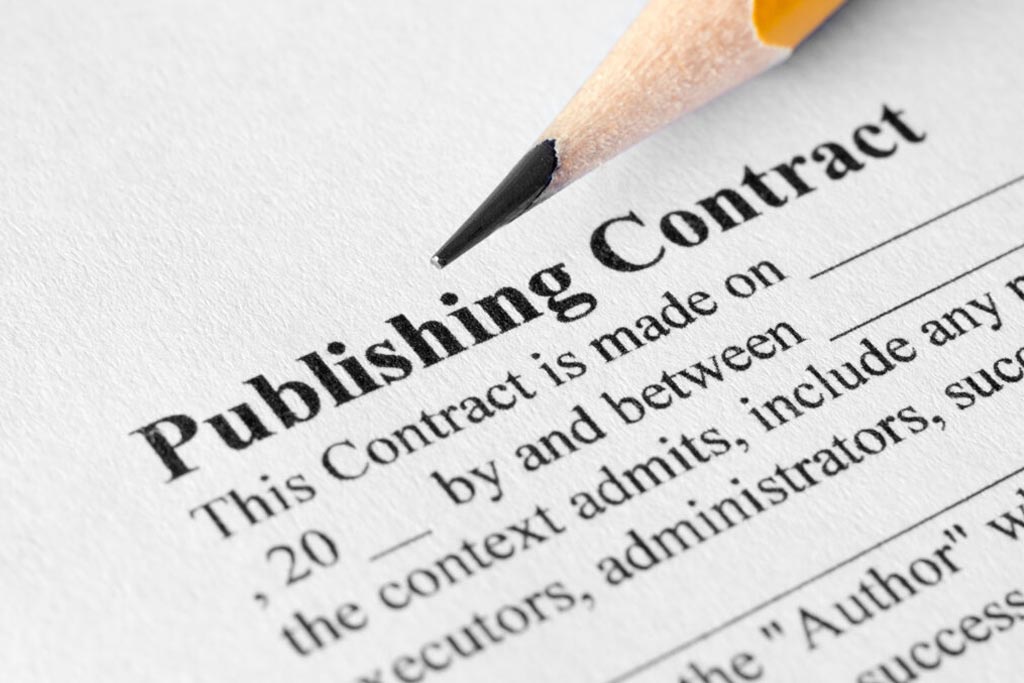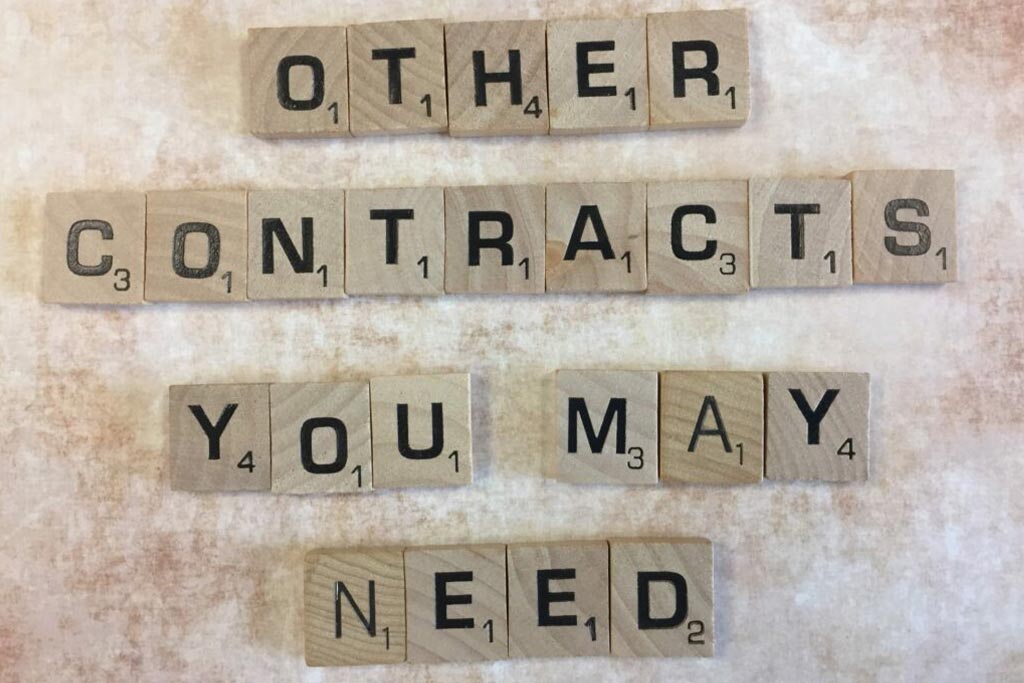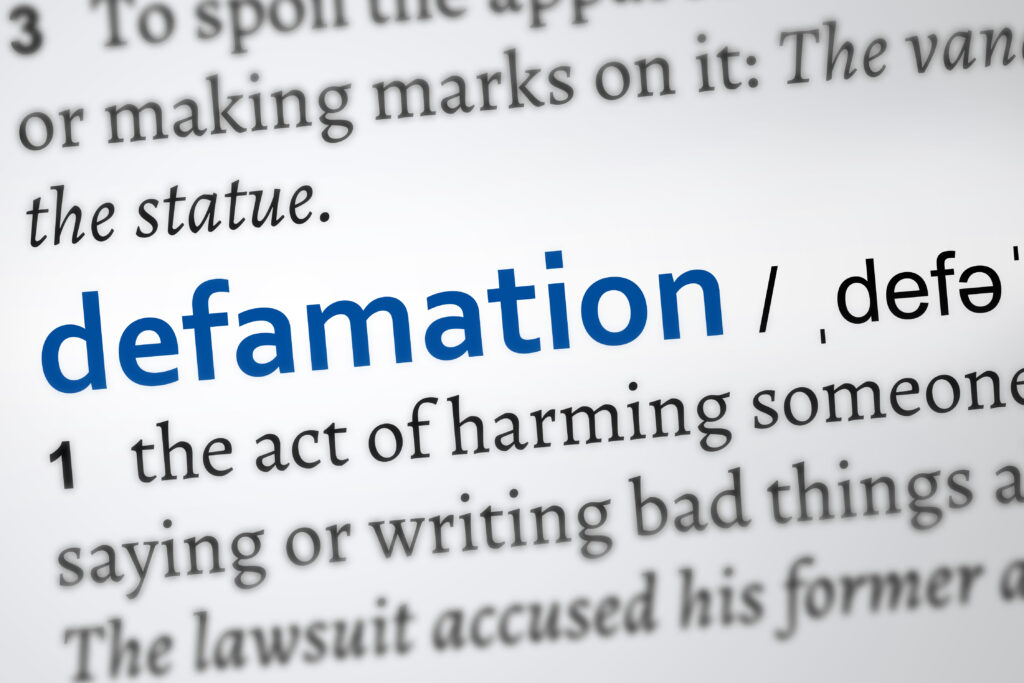Offering Legal Services to Non-Fiction Authors
Non-Fiction Authors Have Unique Legal Risks based on the Genre of the Non-Fiction
*Auto-Biographies *True Crime *Memoirs *Self-Help & Instruction *How-to's & Guidebooks *Health & Wellness
Legal Review of Manuscripts for Libel & Privacy and 14 Legal Risks + Vetting for Clearances & Permissions
Review & Negotiation of Publishing Contracts
Preparation of Co-Author or Illustrator Collaboration Agreements, Ghostwriter Agreements, & Disclaimers
Prepare and Negotiate Publishing Contracts
Although the digital printing and publishing industry has significantly changed the publishing process, publishing contracts from publishing houses have not changed to keep up with technology and create problems for the author. For instance:


Prepare & Negotiate other Important Agreements you may Overlook
Your project will likely require you to obtain agreements from others to keep you out of legal hot water. A few of these agreements may include:
Using Real People in your Manuscript -Legal and Practical Considerations
Memoirs and biographies are real stories about real people, places, and events. Using real people, places and events comes with heightened legal risks. An author needs to be particularly sensitive about the truthfulness and accuracy of the information. How will the person being written about feel if and when he or she reads your manuscript?
Many of the considerations I always analyze when vetting manuscripts with my clients are included in a BLOG POST (see my blog posts under the same title). I use these questions to assist in analyzing legal risks and to advise, as to each person and company mentioned in your manuscript, whether or not you must obtain written permission from each person (always the best practice), or take other action to avoid legal risks and to avoid ruining relationships. These considerations should also be applied when you write about a business or company.



